PRISHTINA, 04.06.2018 – The Basic Court of Pristina has dismissed the lawsuit of the Anti-Corruption Agency and its former director, Hasan Preteni, for defamation and offense against the non-governmental organization “Çohu”.
The claims of Preteni, respectively the Anti-Corruption Agency (ACA) was dismissed as ungrounded by the court on the grounds that from the administered evidence the court failed to find elements of defamation and insult as claimed by the ACA and its former director, Hasan Preteni as public official.
This case of civil-law dispute, which is located in the drawers of the Basic Court of Prishtina since 2012, has reached a final legal verdict only after six years, thus filing the lawsuit lodged by Preteni on 16 February 2012, is dismissed as unlawful by the Judge of the case, Mevlide Kasumi Qarri.
Hasan Preteni, in the capacity of a state official and director of ACA, had claimed that the organization “Çohu” at a media conference had lied saying that: “Hasan Preteni, as director of the Anti-Corruption Agency has defended seven deputies of the Assembly of the Republic of Kosovo who have violated the Law on Declaration, Origins and Control of Property of Senior Public Officials. He [Preteni] intervened and falsified the declaration of assets presented to the ACA by senior public officials “, according to the court.
According to the verdict, “the plaintiff Hasan Preteni did not come up with any evidence to argue the essential fact that the defendants through their statements violated his personality because all the evidence referred to the plaintiff as a representative of the institution, in this case as the Director of the Anti-Corruption Agency.”
The court has taken this decision based on the legal provisions of the Civil Code against Defamation and Insult, a provision which does not foresee the possibility of holders of public functions to sue in their official capacity, which means that the representatives of the institutions are not protected by law.
According to this provision, the representative of the institution may seek legal protection as an individual, but can not sue in his official capacity. Therefore, in the present case, the court has found that the plaintiff Hasan Preteni has failed to argue with any evidence that the statements of the defendants, in this case the “Çohu” organization, have to do with defamation against him as an individual.
Preteni, who in his capacity as director of the Anti-Corruption Agency, claimed that the positions of the organization “Çohu” have produced consequences for his personality, claiming compensation from the “Çohu” organization in the amount of 100 thousand euros, as well as the payment of all procedural court expenses.
However, in the decision of 10 May 2018, the court, apart from dismissing the claim of Preten, has obliged him to compensate the “Çohu” organization, all the costs of this contested procedure in the amount of 1,393.60 euros.
We recall that the Association of Kosovo Journalists has continuously monitored and reported on this litigation directly related to the freedom of expression in our country.
The AGK encourages all media, journalists and various NGOs present in any judicial dispute to notify AGK, so that this organization closely follows hearings related to the right to freedom of expression In our country.
We consider that the monitoring and reporting of the Association of Kosovo Journalists from these sessions, besides affecting the enhancement of the transparency of the judiciary, inevitably makes this monitoring more responsive in dealing with these cases.


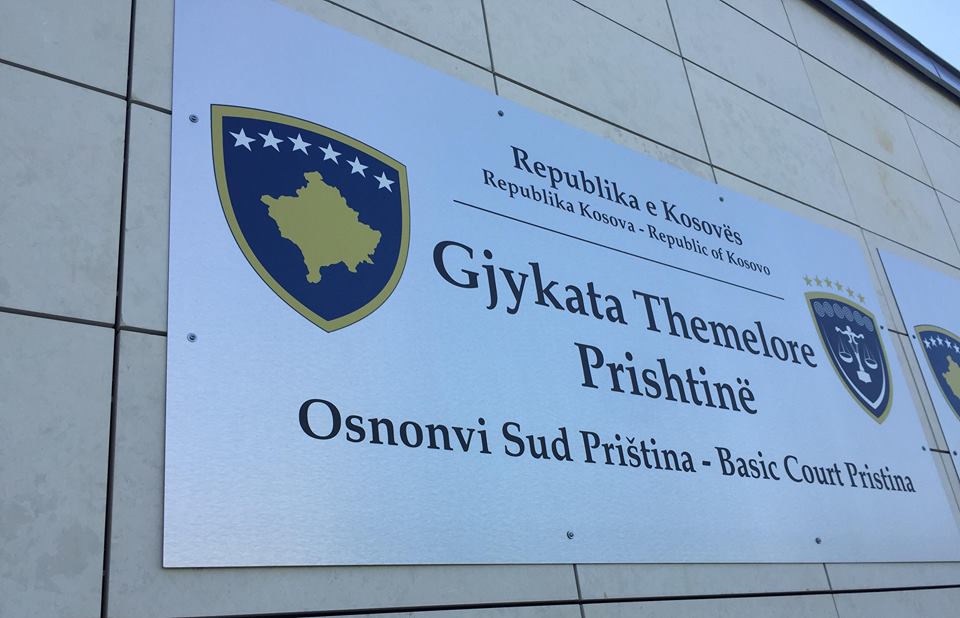

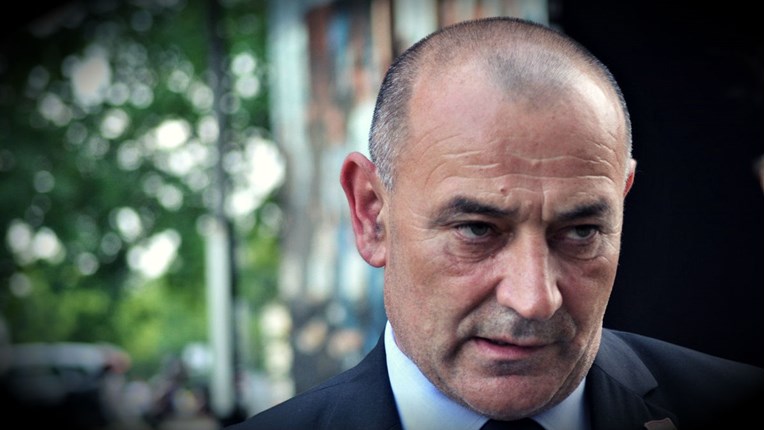
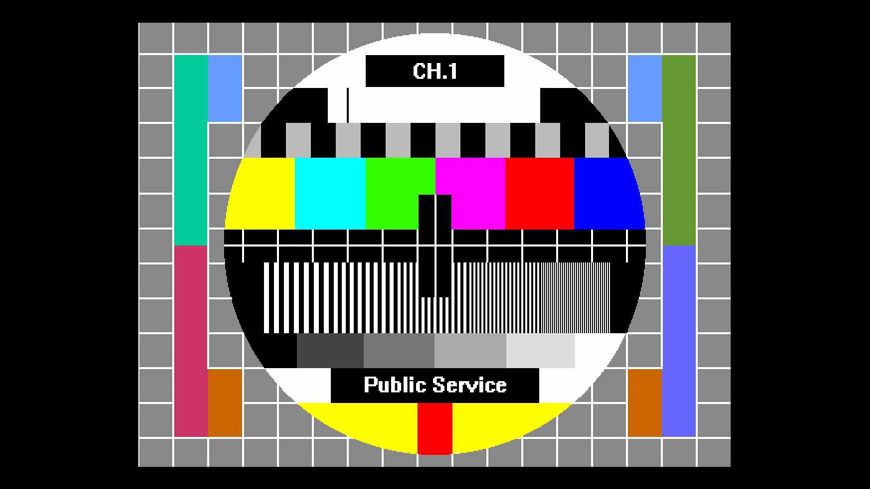
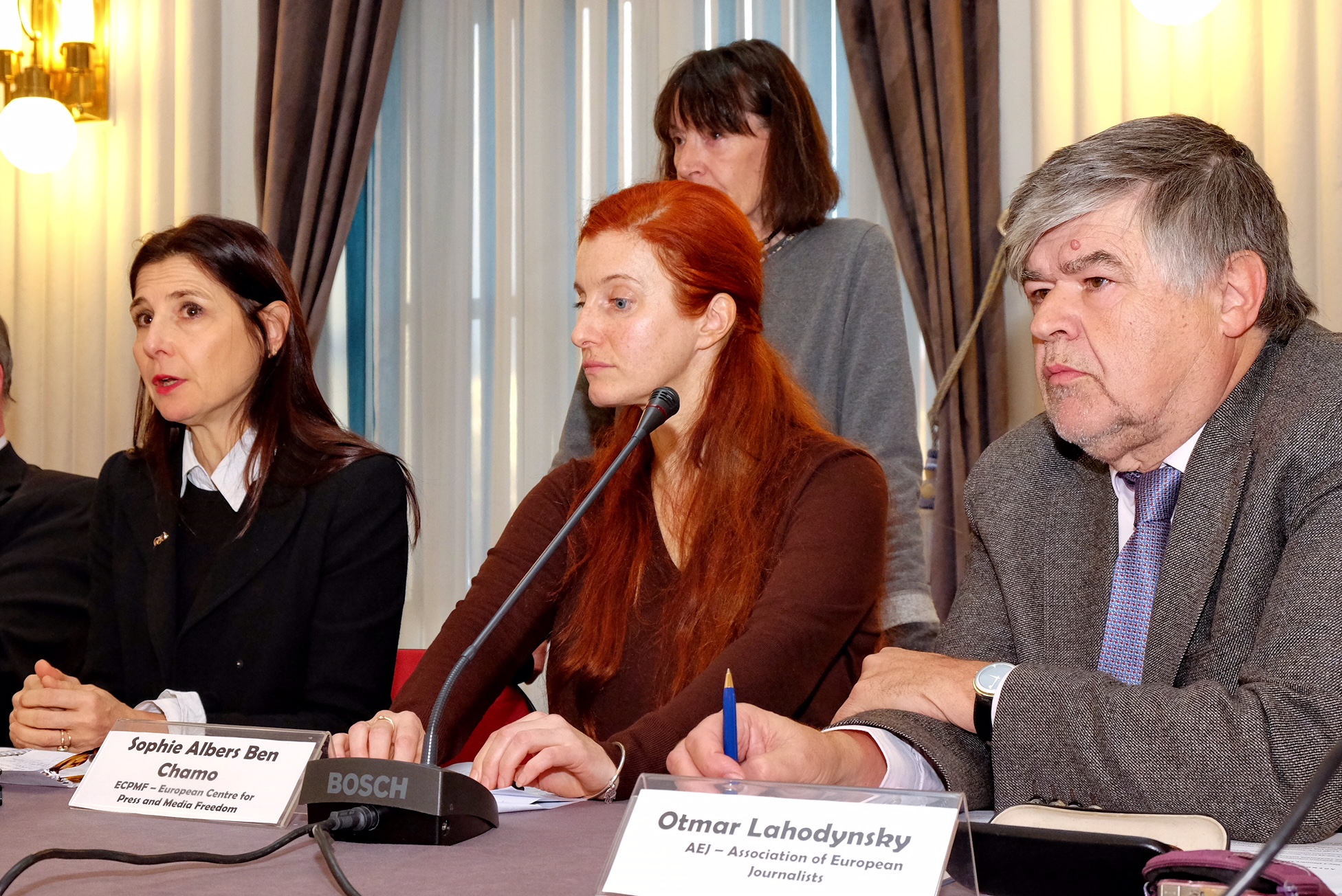
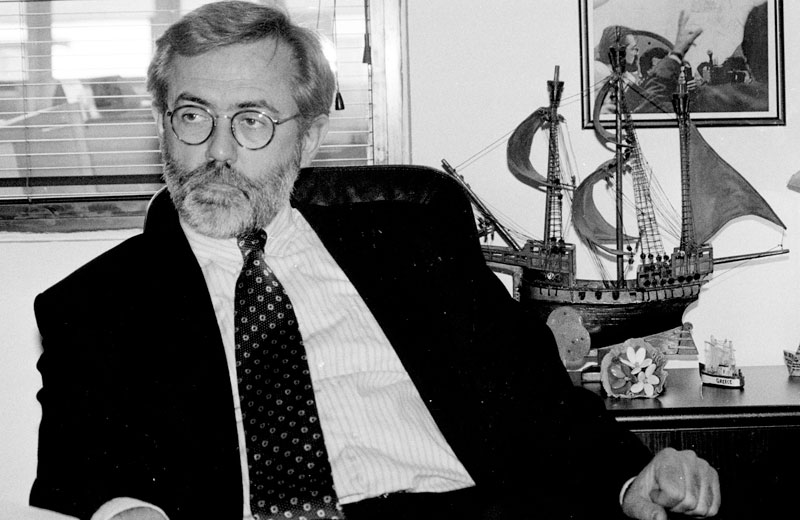
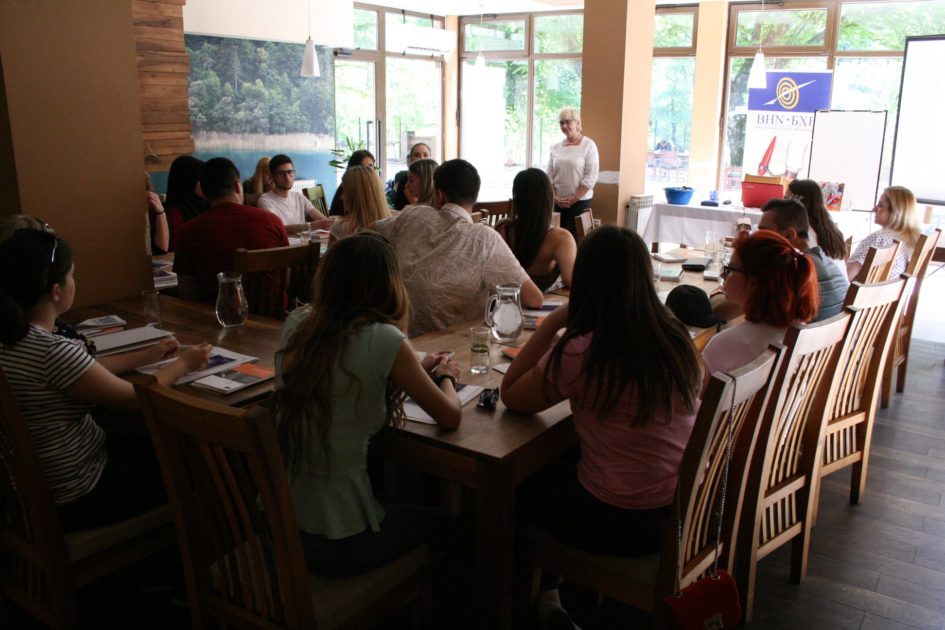
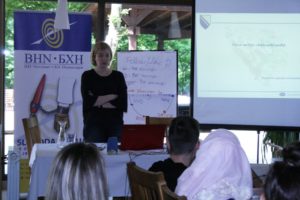 The Journalism Academy 2018 is dedicated to the theme “The Role of Media and Media Reporting in Strengthening Peace, Tolerance and Stability in BiH”. The workshop is being held in two modules and will gather 40 participants, students from the Department of Journalism at the University of BiH, as well as young journalists and journalists from BH. media houses.
The Journalism Academy 2018 is dedicated to the theme “The Role of Media and Media Reporting in Strengthening Peace, Tolerance and Stability in BiH”. The workshop is being held in two modules and will gather 40 participants, students from the Department of Journalism at the University of BiH, as well as young journalists and journalists from BH. media houses.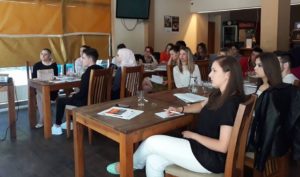 Speakers at the Journalism Academy are representatives of the academic community, experts in transitional justice, media professionals, representatives of the Regulatory Agency for Communications and the Press Council and online media in BiH, as well as civil society activists.
Speakers at the Journalism Academy are representatives of the academic community, experts in transitional justice, media professionals, representatives of the Regulatory Agency for Communications and the Press Council and online media in BiH, as well as civil society activists.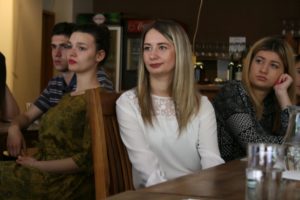 During the five days of the workshop, the participants will, among other things, learn and discuss the standards of fair, balanced and objective reporting on sensitive issues related to war, crimes, persecutions and other forms of human rights violations. Besides, through practical exercises and professional mentoring, participants will analyze media content, get acquainted with the process of documenting war crimes for the purpose of publishing in media, and will also feature thematic documentaries.
During the five days of the workshop, the participants will, among other things, learn and discuss the standards of fair, balanced and objective reporting on sensitive issues related to war, crimes, persecutions and other forms of human rights violations. Besides, through practical exercises and professional mentoring, participants will analyze media content, get acquainted with the process of documenting war crimes for the purpose of publishing in media, and will also feature thematic documentaries.
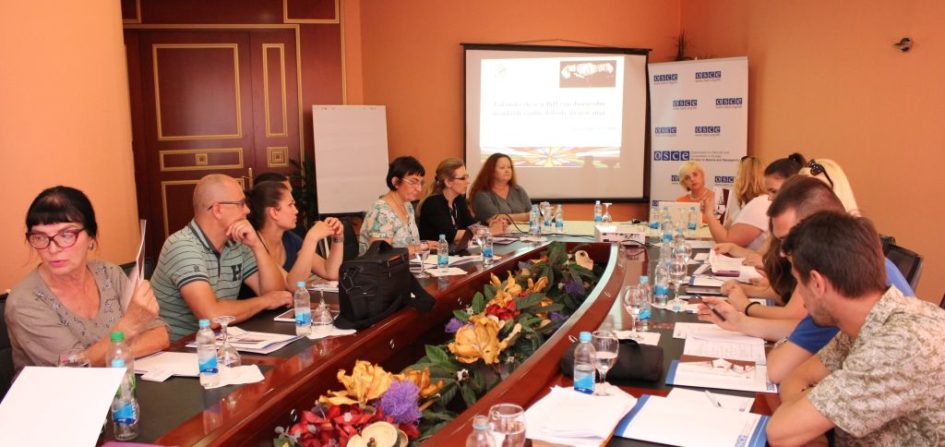
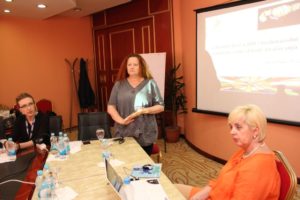 „There is no right without a certain responsibility. If we exercise the right to freedom of expression then we must be prepared to respect all the articles and provisions of the European Convention on Human Rights (ECHR)“, said the General Secretary of BH Journalists Associatio Borka Rudić. She also emphasized that the Convention predicts certain limitations.
„There is no right without a certain responsibility. If we exercise the right to freedom of expression then we must be prepared to respect all the articles and provisions of the European Convention on Human Rights (ECHR)“, said the General Secretary of BH Journalists Associatio Borka Rudić. She also emphasized that the Convention predicts certain limitations.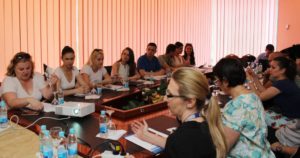 The Workshop presented the current guidelines of the Organization for Security and Cooperation in Europe (OSCE) for the police in dealing with the media and guidelines for the media in dealing with the police.
The Workshop presented the current guidelines of the Organization for Security and Cooperation in Europe (OSCE) for the police in dealing with the media and guidelines for the media in dealing with the police.